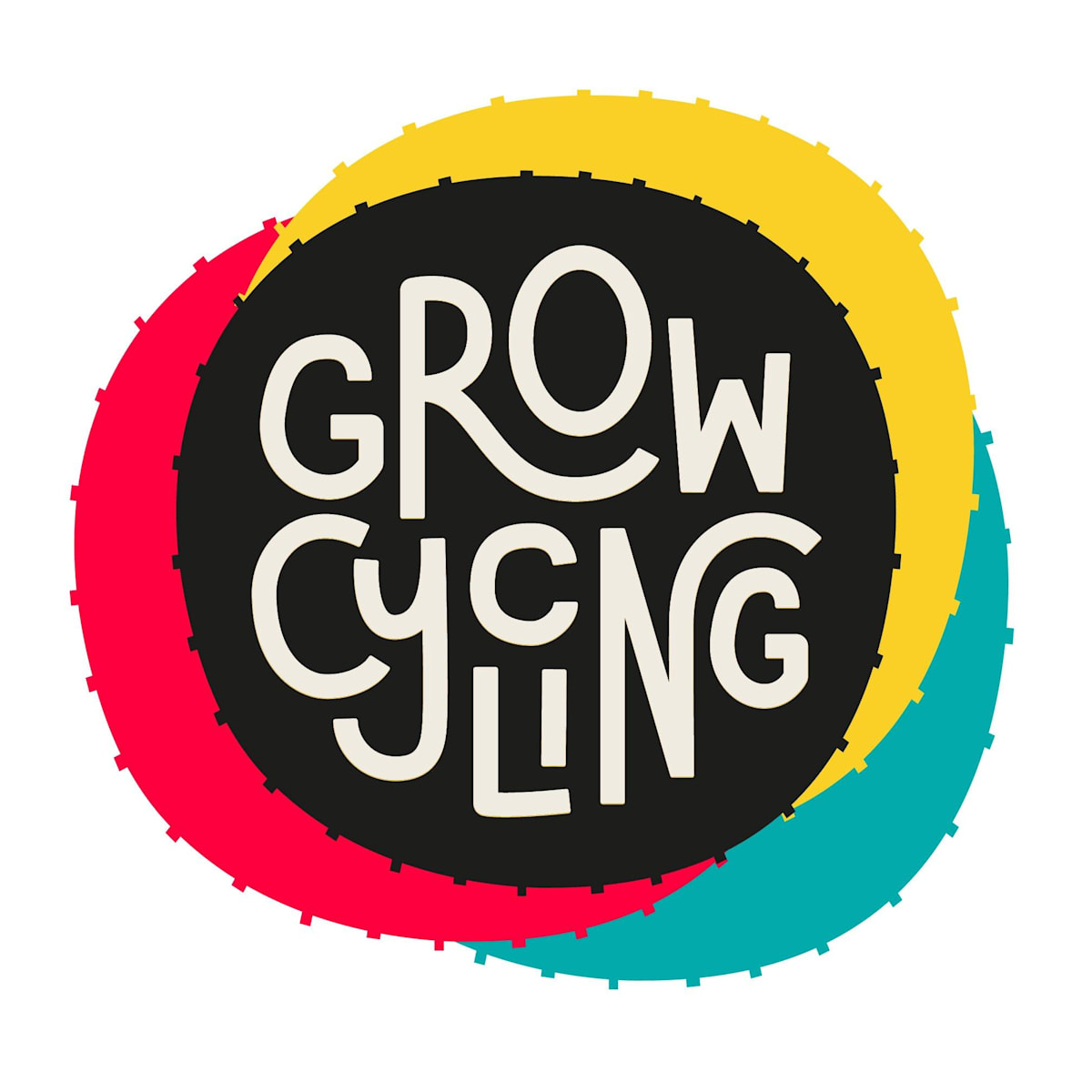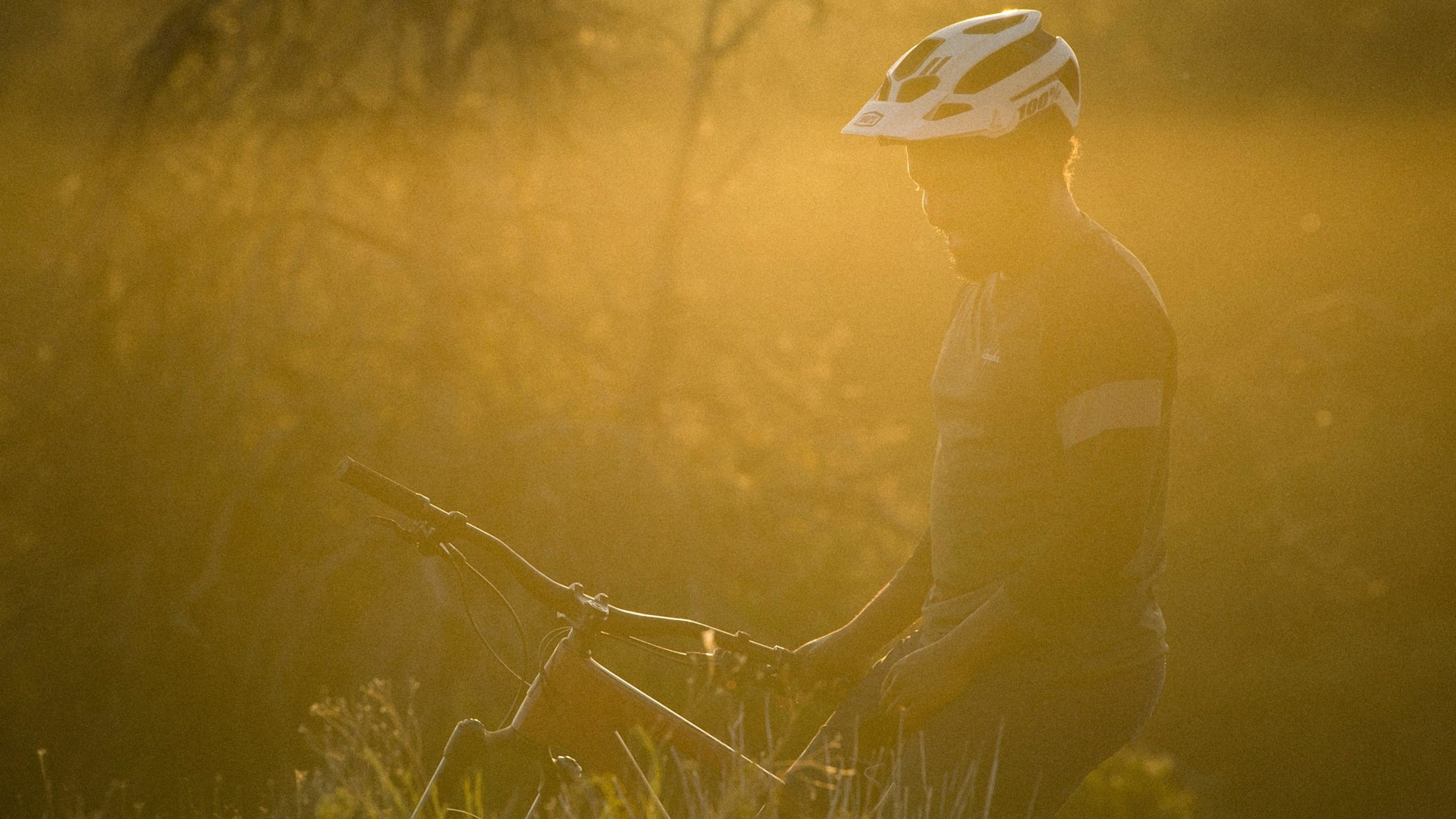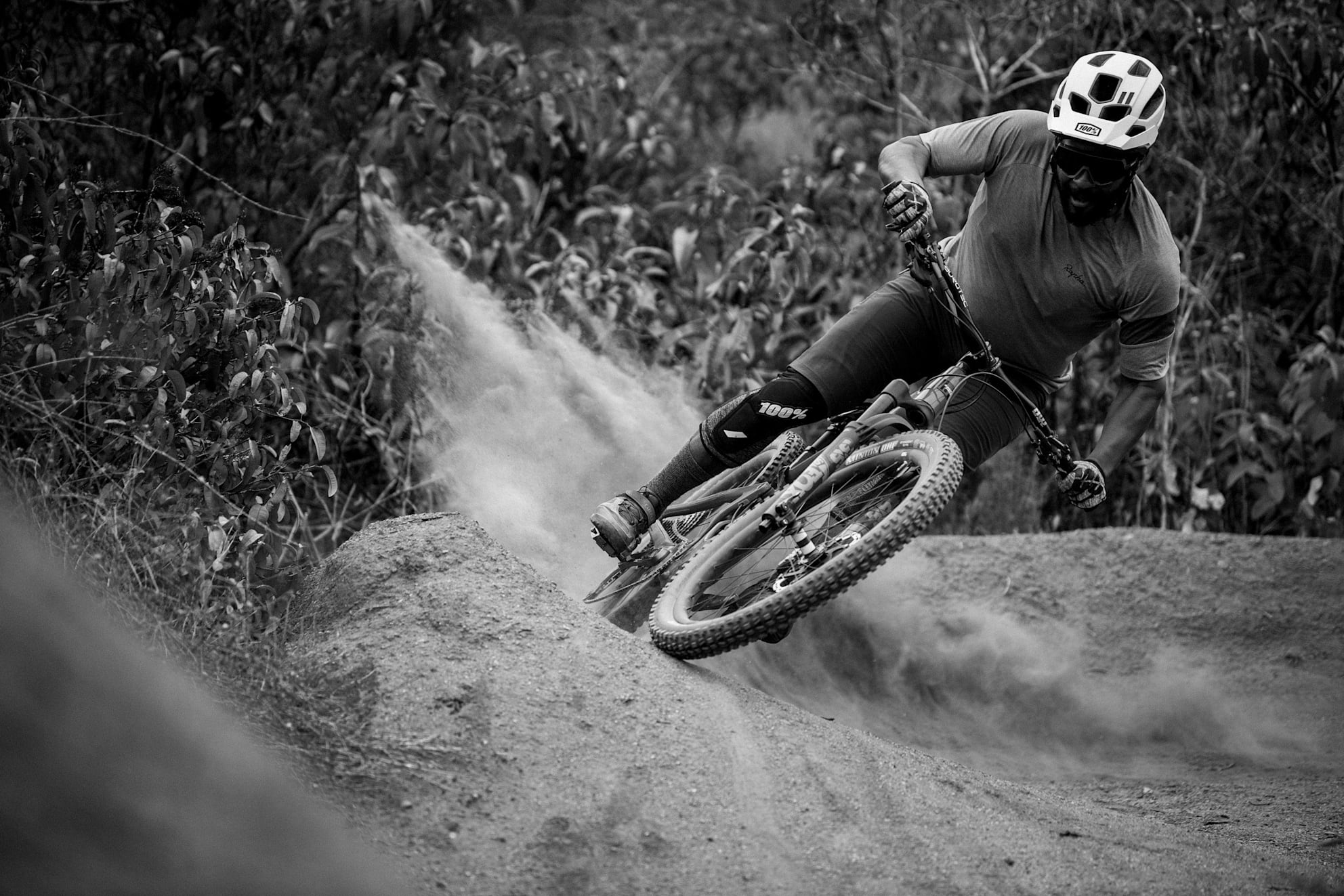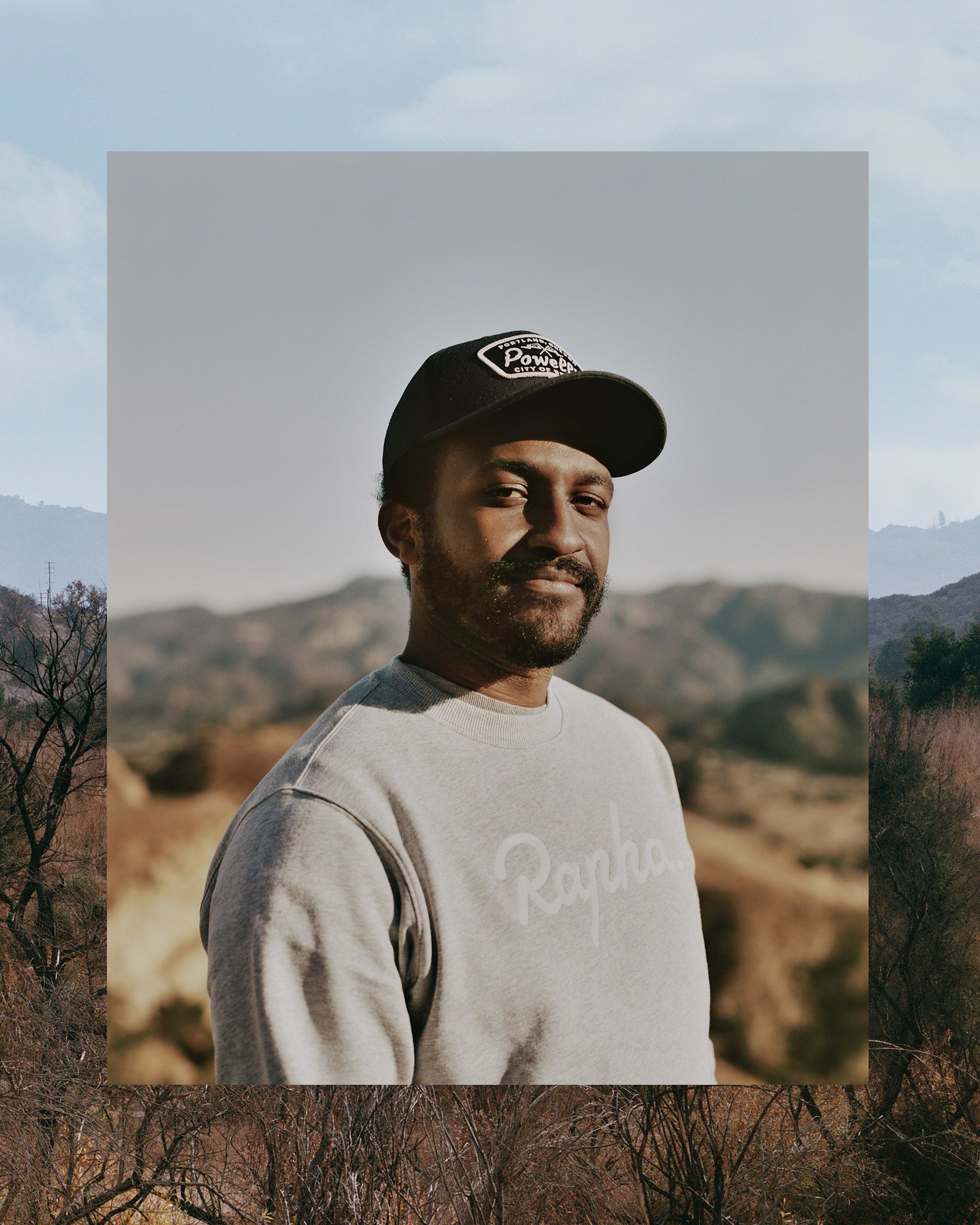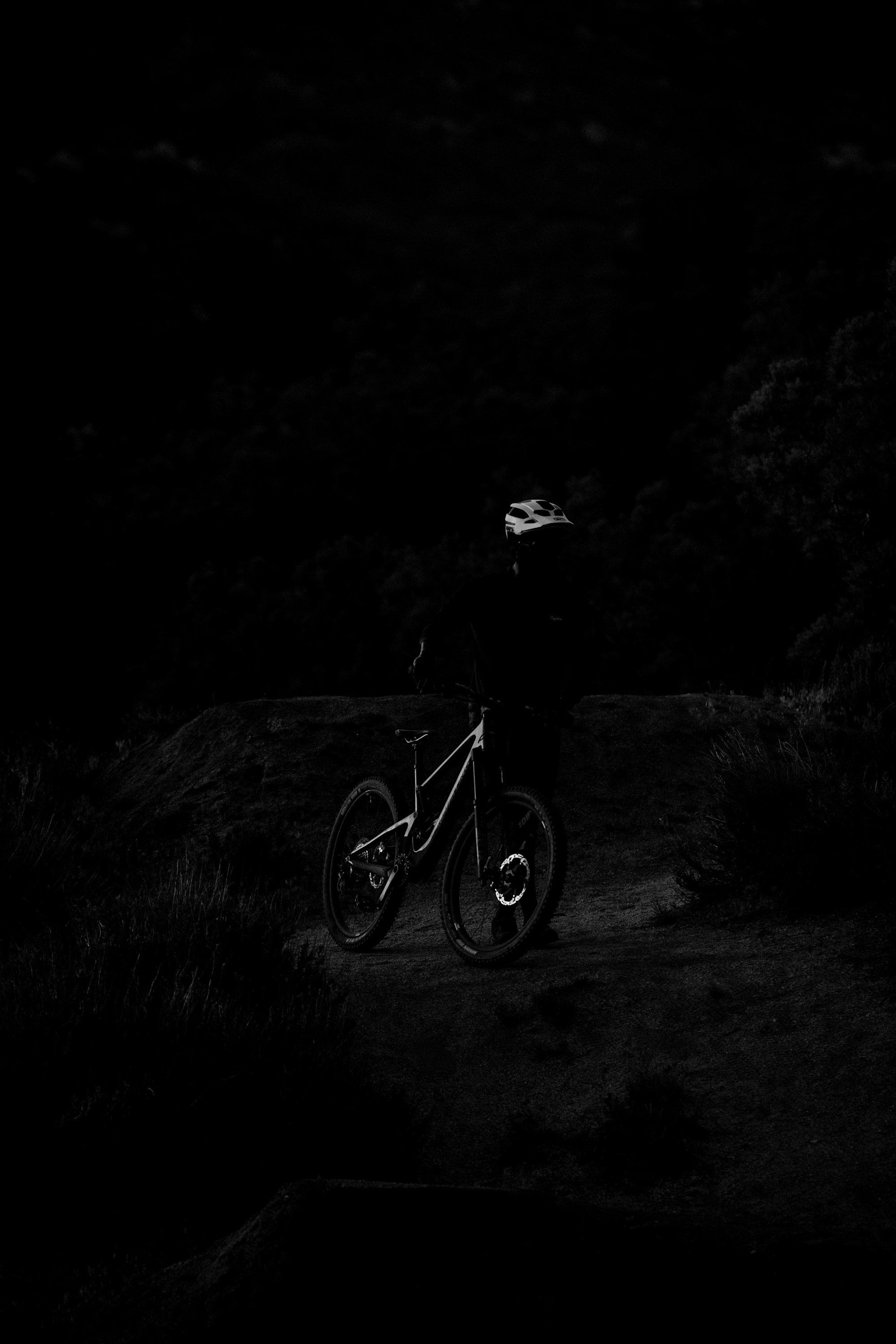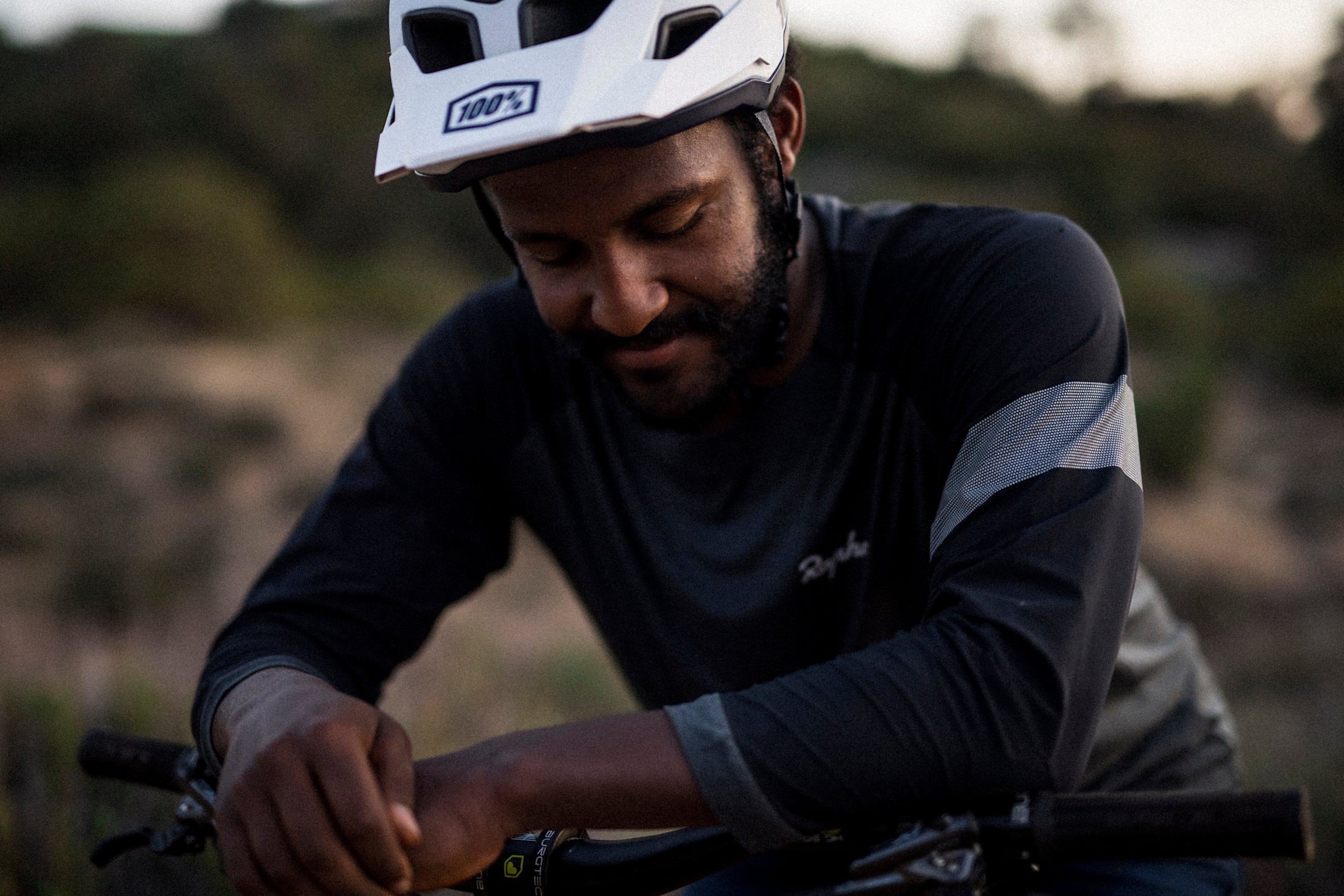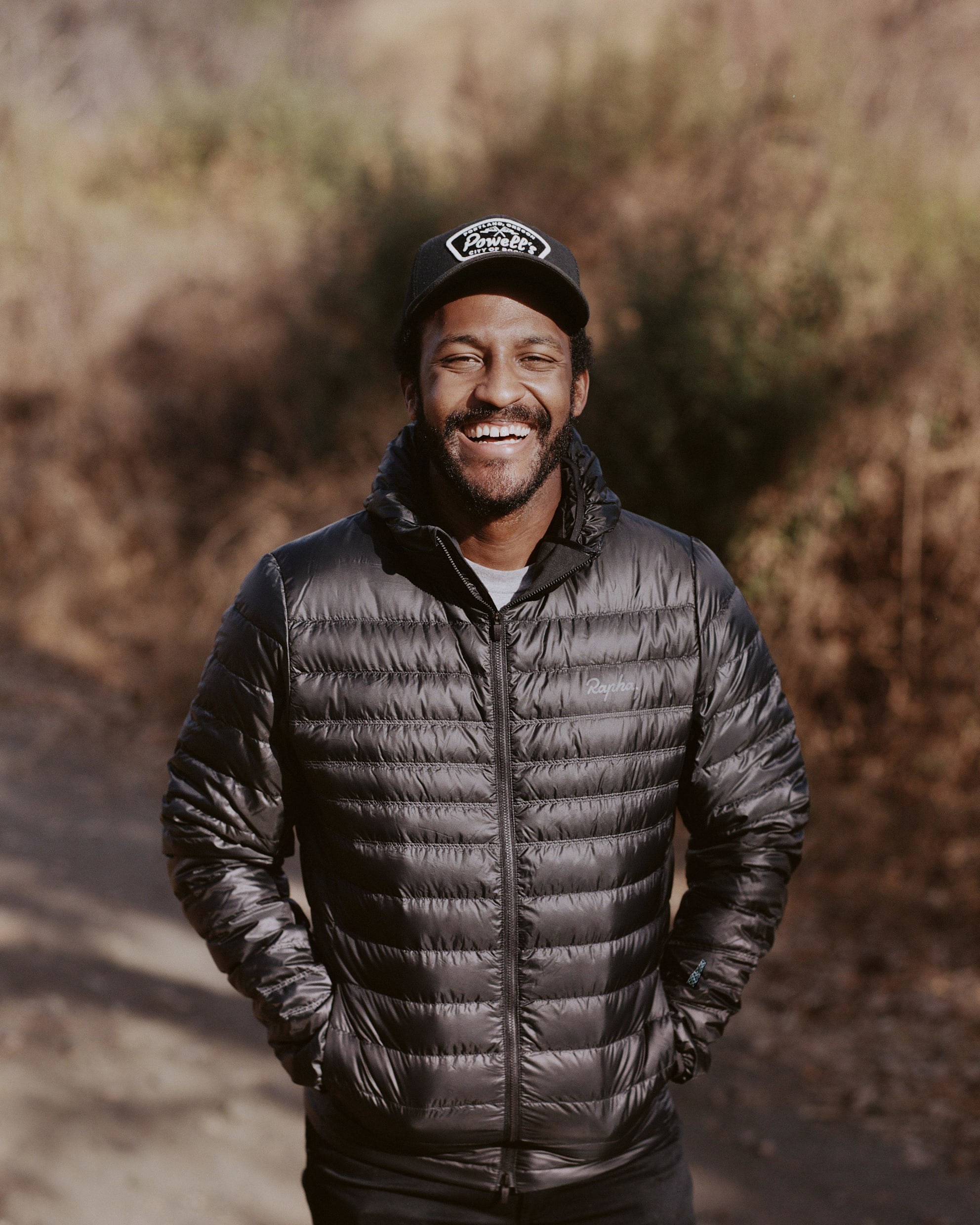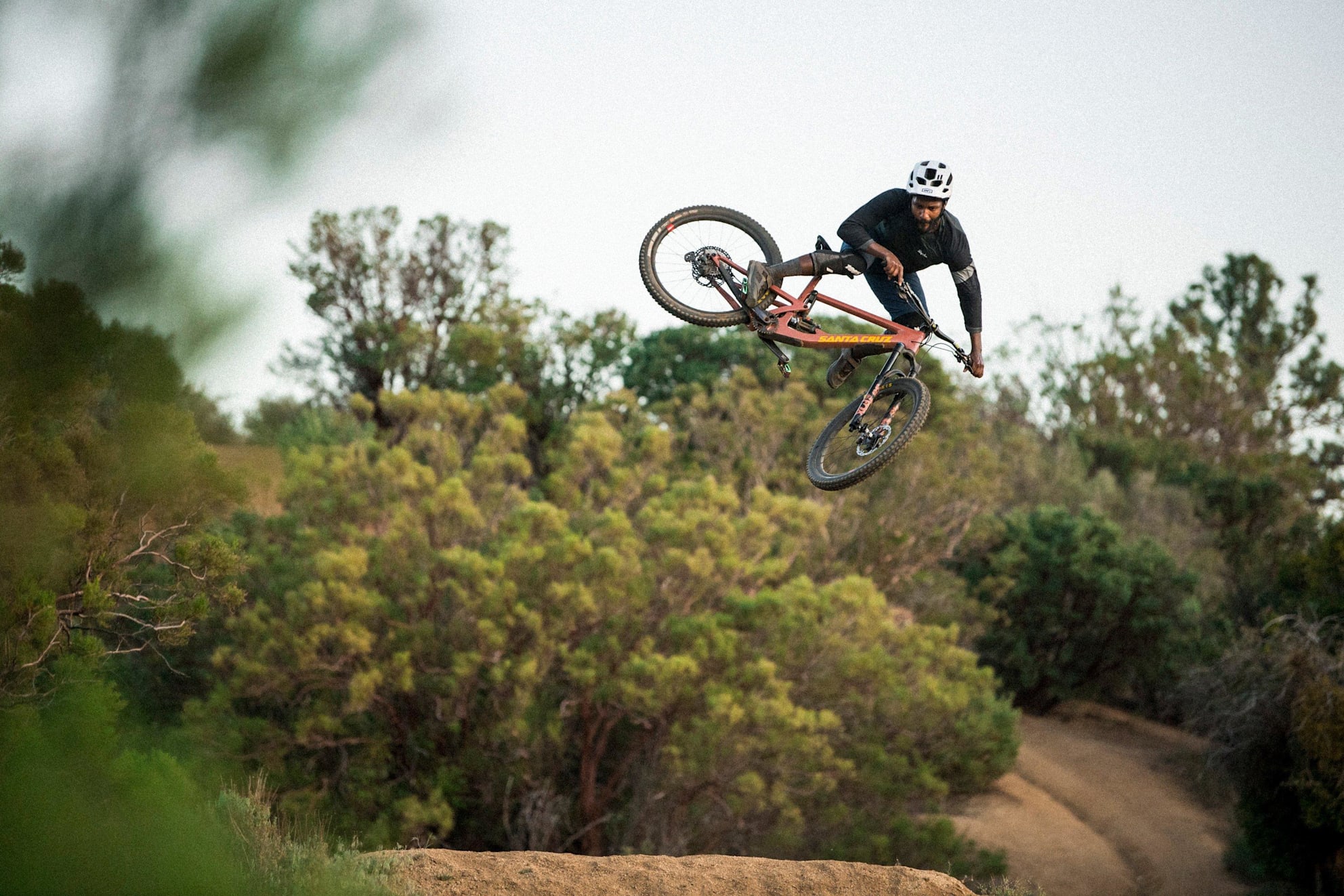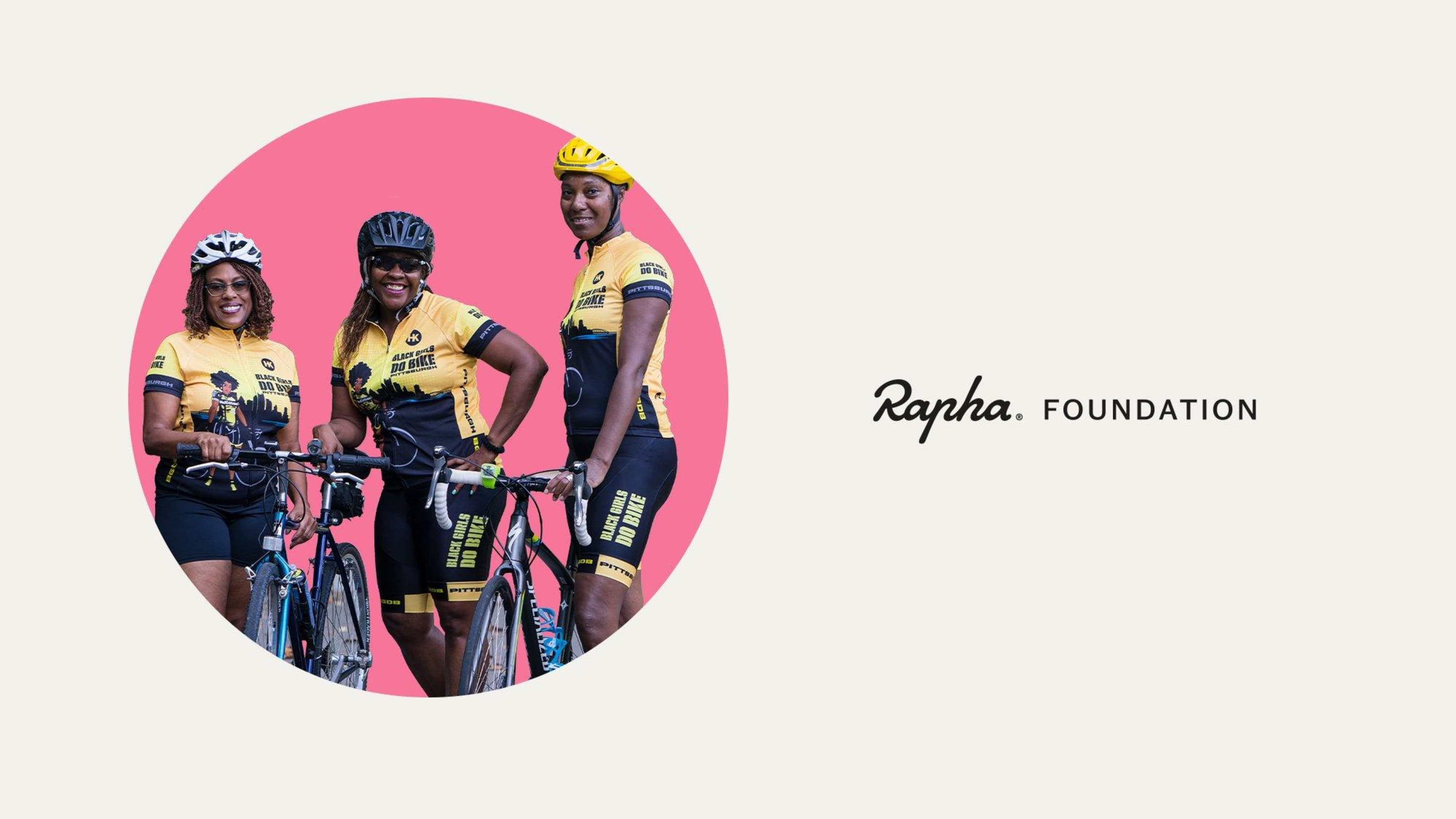“Not racing gave me space to think and I had the time to try and reconcile what this reckoning meant for me as a Black person and the things that I had experienced over the years. People have always looked to support me and have also looked to me for support, so I thought that we could do something to build the sport in a way that it hadn’t been built before.”
Alongside downhill racer Katie Holden and entrepreneur Joi Jackson, Eliot established the Grow Cycling Foundation to increase diversity and inclusion in cycling. The foundation’s first initiative, of building a brand new pumptrack in Los Angeles, California, was announced soon after. Working closely with Velosolutions, the 30,000-square-foot track will be the first of its kind in the city, with a capacity large enough to support the surrounding community. The foundation is committed to creating a world-class course fit to host the Pumptrack World Championships in 2022.
“The idea of a pumptrack came from a lot of thinking over last summer. How do you bring the city to the outdoors? Well, first, you have to bring the outdoors to the city, and a pumptrack is one of the best ways to do that. If someone doesn’t have access to mountain biking, why not build a track for them to try it out and see if they want to pursue it? It’s all about giving people an opportunity to get involved, and if they’re going to seriously commit to it, that’s then down to them.
